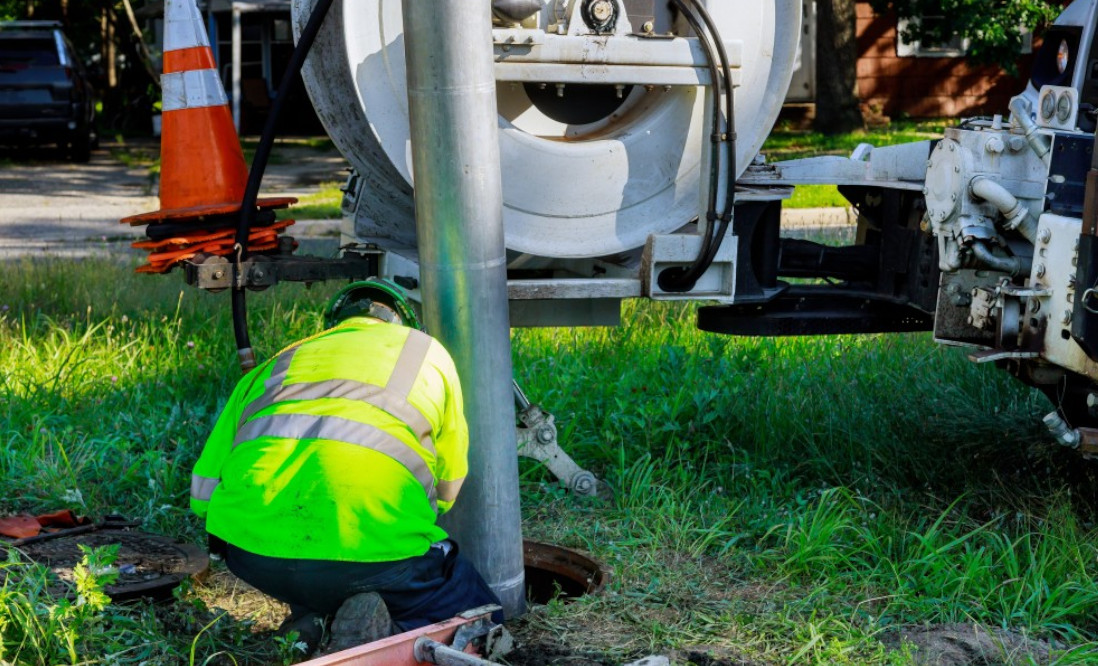
When it comes to sewer lines, sometimes you don’t know you have an issue until it is well developed. With sewer lines buried underground and outside your home, leaks and damage can go unnoticed for a while.
Causes of Sewer Line Damage
Sewer lines can become damaged for multiple reasons, including:
- Tree roots growing into and around the sewer pipes
- Cracks and holes developing as pipes age and break down
- Pipe sagging from trenches failing, disrupting the pipe’s natural grade
- Lack of sewer line maintenance (which allows sewer lines to degrade undetected)
Detecting Line Damage
Once a sewer line is damaged, you may begin to have a variety of issues, including:
- Unusual landscape growth or sunken, wet patches in your yard
- Higher than usual water bills
- Cracks in your home’s foundation (brought on by shifting ground)
- Unpleasant and unwelcome odours
- Moist or spongy floors
- The sound of constantly running water
Is it Possible to Avoid Sewer Line Breakages?
The best way to prevent issues with your sewer line is to educate yourself on its location. If you plan to renovate, build, or plant on the property, you could negatively impact your sewer line. Before digging, it’s essential to contact your local city authority to gather information about how to proceed.
When planting trees, especially, do some research into how big they will get and remember that the tree’s size on the top is a good indicator of the root system’s size and reach below.
Just because you don’t see your sewer line doesn’t mean it isn’t essential to maintain it. Make sure to get a professional to inspect and clean the area regularly. Most damage is typically done when a pipe is clogged. By keeping the piping clog-free, you are already lessening your chances of incidents.
It’s also important to look out for the signs mentioned above. However, waiting for symptoms to show themselves could be costly. Instead, it’s a good idea to get an inspection and start committing to regular line maintenance.
If you are unsure when your sewer lines were last checked, it’s a good idea to call your local plumber to perform maintenance and get their advice on your sewer line’s health and how often you need to schedule future upkeep.
If you would like us to check your sewer line or have other plumbing issues you’d like to discuss, we’re here to help! Contact us today.
